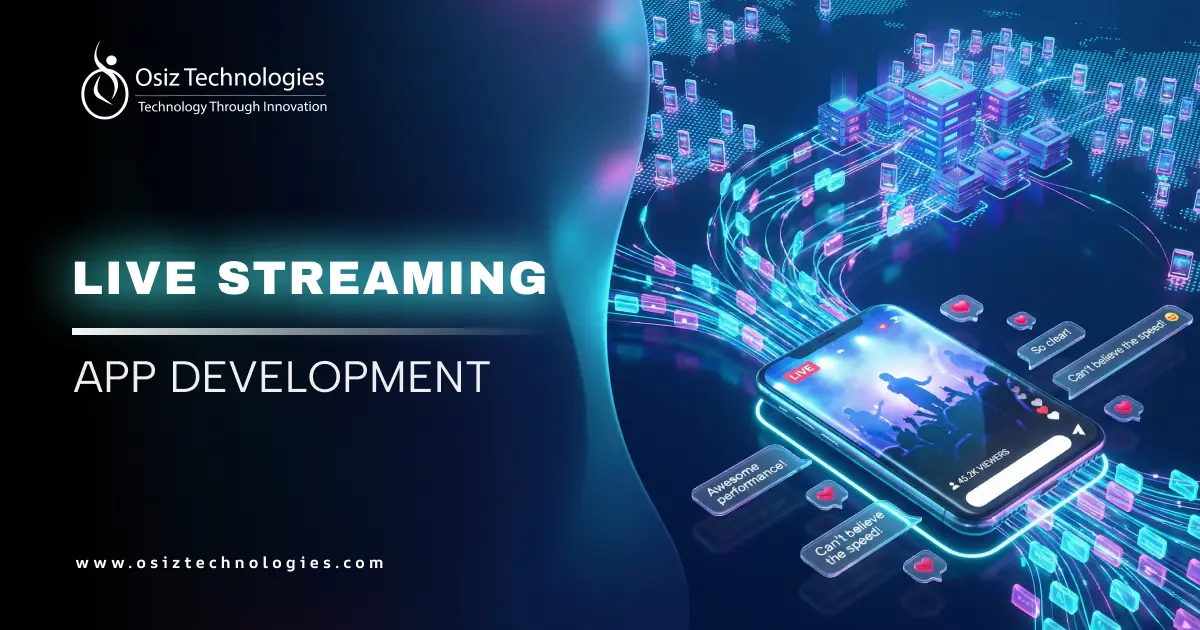AI voice generators have revolutionized the way we convert text into spoken words, offering natural-sounding, human-like speech across various accents and languages such as English, French, Arabic, Mandarin, Spanish, and Japanese. These advanced systems utilize artificial intelligence to create realistic vocalizations, transforming digital media and communications. They are widely used in narrating YouTube videos, podcasts, and video games, and are increasingly incorporated into corporate communications. The technology is continually improving, making AI voice generators more sophisticated and effective with each passing day.
This article will delve into the workings, applications, and significant impact of AI voice generators on technology and communication.
What is the Difference Between Text to Speech and AI Voice Generator?
Text-to-speech (TTS) and AI Voice Generation both serve the purpose of converting text into spoken words but differ fundamentally in their technology, customization, and application. TTS uses synthesized speech technology to produce basic digital voices, offering limited customization options such as adjustments in pitch and speed. This results in speech that often sounds robotic and less natural. TTS is widely used for straightforward text-reading applications like accessibility tools, GPS navigation, and basic voice assistants, where the primary goal is to relay information.
In contrast, AI Voice Generation leverages advanced machine learning algorithms to create more natural and human-like speech. This technology allows for extensive customization, including voice cloning and nuanced emotional tones, providing a much higher level of realism. AI Voice Generation can produce dynamic and engaging audio content, making it suitable for high-quality voiceovers, virtual assistants, gaming, and personalized customer interactions. Its ability to interact fluidly in conversational AI, adapting tone and style contextually, highlights its advanced flexibility compared to the more straightforward and utilitarian approach of TTS.
Working Mechanism of AI Voice Generator
AI voice generators rely on deep learning algorithms, a branch of artificial intelligence that learns from vast datasets. The process of converting text into speech involves several key steps:
First, the system is trained on a large dataset of spoken words. This training phase analyzes voice recordings to understand speech patterns, including intonation, pace, and accents. The more diversified and comprehensive the collection, the more adaptable and precise the voice generator gets. Once the AI is sufficiently trained, it uses Text-to-Speech (TTS) technology to generate speech from text. When a user inputs text, the system breaks it down into phonetic components, synthesizes them, and pieces them together to form coherent words and sentences.
Advanced AI voice generators incorporate Natural Language Processing (NLP) techniques to enhance realism. NLP allows the system to understand and interpret the nuances of language, enabling it to modify its speech output for various contexts, such as sarcasm, questions, or excitement. This capacity enhances the synthetic voice's natural and human-like quality. As AI technology continues to evolve, these voice generators are becoming increasingly adept at handling complex linguistic features, delivering speech that is not only human-sounding but also nuanced and subtle.
Use Cases of AI Voice Generation
AI voice generators have a wide range of applications, particularly beneficial for digital content creators. Here are some key uses:
E-learning: AI voices provide consistent and clear narration for educational content, enhancing both accessibility and engagement for learners.
Podcasts: AI voice generators offer flexibility and efficiency in podcast production, enabling the creation of multilingual content and reducing the need for extensive recording sessions.
Audiobooks: Authors and publishers can utilize AI to narrate audiobooks, offering a cost-effective alternative to hiring voice actors while maintaining high-quality narration.
Social Media: Content creators can use AI voiceovers to enhance engagement and provide narration, especially in scenarios where traditional voiceover resources are limited or unavailable.
Video Gaming: AI voice generators add depth to character dialogues and game narration, enriching the gaming experience by providing more dynamic and interactive audio elements.
Benefits of Using AI Voice Generation
Efficiency and Cost-Effectiveness:
-
AI voice generators streamline the production process, saving time and resources compared to traditional methods involving human voice actors.
-
Businesses can quickly create or update audio content to meet tight deadlines and adapt to market demands.
Scalability:
-
AI systems enable the rapid and scalable production of audio content without the limitations of human availability.
-
This scalability is particularly beneficial for industries requiring extensive voice content, such as gaming, e-learning, and marketing.
Multilingual Support:
-
AI voice generators offer the ability to produce speech in multiple languages and accents, catering to diverse global audiences.
-
Users can easily switch between languages, aiding international market penetration and language learning applications.
Custom Voice Creation:
-
Advanced AI voice generators allow businesses to create custom voices tailored to their brand identity.
-
This customization enhances brand recognition and fosters a personalized user experience across various content types.
Accessibility:
-
AI voice generators improve accessibility for visually impaired users by converting written text into spoken words.
-
Integration into apps and websites enhances user experiences, offering hands-free interaction and voice-enabled navigation.
Overall, AI voice generators offer efficiency, scalability, multilingual support, custom voice creation, and accessibility benefits, enhancing content creation and user experiences across diverse applications.
Voice Cloning: The Future of Speech Technology
Voice cloning is a groundbreaking advancement in speech technology, offering the ability to replicate an individual's voice with remarkable accuracy. By leveraging deep learning algorithms, voice cloning analyzes the unique characteristics of a person's voice, including pitch, accent, and speech patterns. This process enables the creation of custom voices for diverse applications, ranging from video game characters to personalized voice assistants.
However, the ethical implications of voice cloning cannot be overlooked. Concerns regarding consent and potential misuse raise important considerations for responsible development and implementation. Despite these challenges, voice cloning holds immense promise. It opens up new possibilities for content creators to use their voices across various media platforms and allows voice actors to expand their portfolios with diverse roles.
As AI technology continues to advance, the focus remains on enhancing realism while ensuring the ethical and responsible use of voice cloning technology.
Final Thoughts
There is remarkable progress shown in AI Voice Generator when compared with basic TTS tools. As it integrates the latest technologies like deep learning, NLP and so on the system is capable of providing natural human-like voice quality. This AI Voice Generator not only enhances the way we create audio content but also paves the way for interactive and personalized digital experiences.
As a leading AI development company, Osiz’s AI solutions are more versatile, and accessible and open new opportunities to enhance business to boost profit. However these technologies continue to evolve, and Osiz promises to bridge the gap between human and digital interactions in possible ways.
We also provide services like,
Listen To The Article












